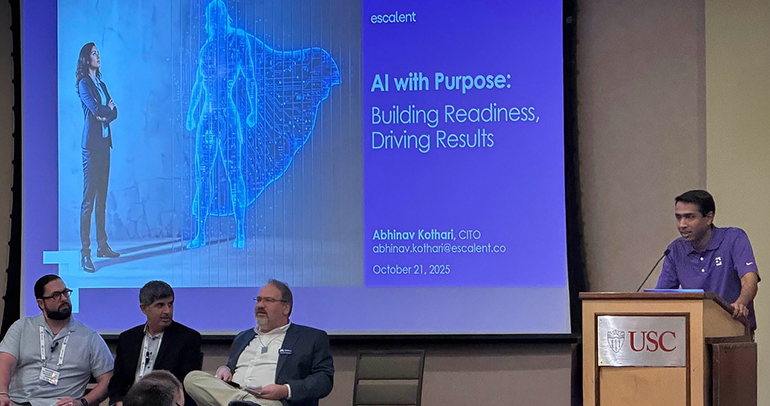
While it feels like social media is pervasive, fewer than 10% of utility customers say they had any interaction with their utility through a social channel in the past year. And with only 5% of customers indicating that they prefer social media as a communication and/or service channel, should utilities invest the time and effort it takes to do social media well? While relatively few customers say they do, or want to, interact with their utility via social media, those who do connect are “keystone” customers in influencing consumer perceptions and behaviors of utility brands. The investment in social media pays off well beyond the number of customers who actually interact via social.
Social media is a critical component of future utility customer communication. Although overall use of social media for communication and service remains relatively low, that masks a significant difference between age groups. 18% of customers aged 18–24 have interacted with their utility via social media in the last year, up 5% from two years ago. And customers aged 25–44 also report double-digit use of social media to interact with their utility. The customer of the future will—and already does—use social as a key part of how they interact with their utility.
Users of social media are among the most engaged customer groups. They score 76 points higher than average on our Engaged Customer Relationship index, a metric based on service satisfaction, brand trust and product experience. While customers who interact with their utility via social media score their utilities higher within all of those components, Product Experience is the biggest driver at +100. What’s more, customers who haven’t interacted with their utility through social media but have heard something about it in a social channel have among the highest lift in overall engagement of all third-party sources (+50 points)—clearly, the idea of “social proof” has legs.
Social media turns negatives into positives. Customers who have had an outage or safety issue with their service have higher use of social media than average, with 13% using it as an outage communication channel. Not only do customers rely on social media during outages or emergency situations, but social media use also boosts Service Satisfaction scores to higher levels than average—that is, an outage or safety issue is no longer a negative event for customer perceptions, but a driver of positive outcomes.
Engagement is great but impact is better. While this high level of engagement is in itself a good reason to invest in social media, it’s the impact social media users have on other customers that makes social compelling for utilities. Users of social media report making more than two times as many positive comments in the last six months about their utility than average (nearly nine positive comments vs. an average of just over four). They are also more likely to say that they would recommend their utility’s voluntary offerings, a key finding given many utilities’ focus on growing adoption of their offerings. However, as a cautionary caveat, social users report making slightly more negative comments about their utility than average (almost three vs. an average of 2.5). The takeaway? Make sure you’re serving social media users well, and they will amplify your brand.
During the fourth quarter fielding of our Utility Trusted Brand & Customer Engagement study, we will be diving into customers’ social media habits and expectations. The results, along with utility best practice vignettes, will be presented at the Social Media for Utilities conference on May 4–5, 2020 in Fort Lauderdale. Please reach out to me if you have specific questions you’d like answered from our research; otherwise, click below for discounted conference registration. I hope to see you there!
Interested in hearing more about our energy research? Send us a note!









